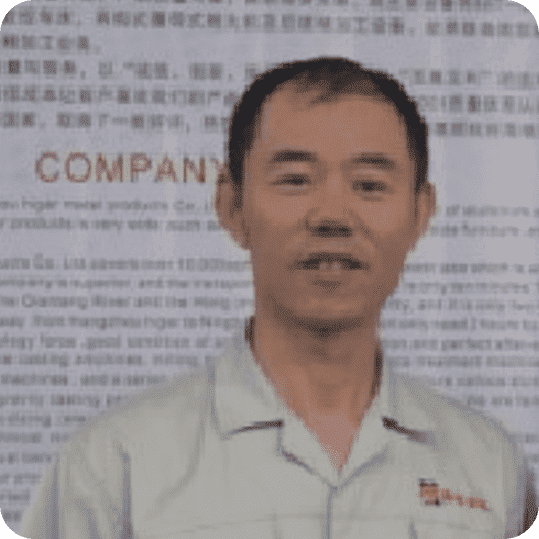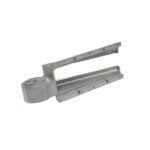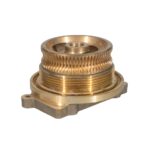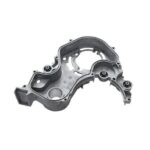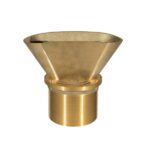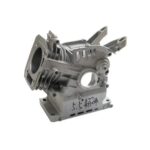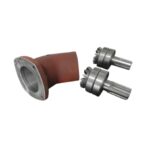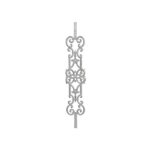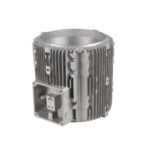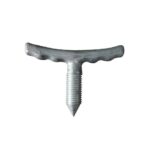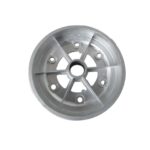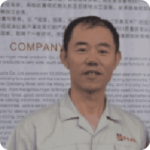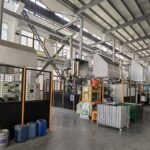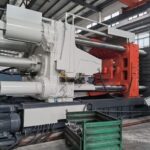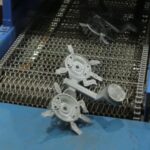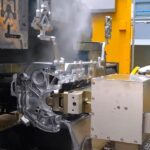Introduction
Die-cast cars are detailed miniature replicas of real-world vehicles crafted through a precision casting process.
Originally created as toys or promotional giveaways, these models have evolved into collector’s items, cherished for their realism and craftsmanship.
Over time, die-cast cars have bridged the gap between toys and collectibles, appealing to automotive enthusiasts, collectors, and even filmmakers.
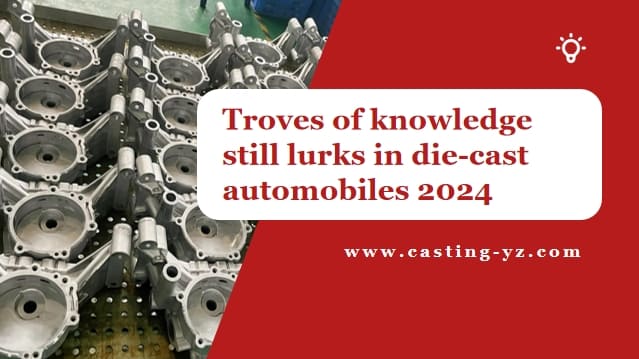
The Origins of Die-Cast Cars
The journey of die-cast cars began in the early 20th century. Companies like Dinky Toys (1934) and Matchbox (1953) introduced miniature vehicles as toys for children, sparking global popularity.
Early marketing campaigns used die-cast models as promotional giveaways for car brands, helping customers visualize real vehicles.
For instance, brands like Chevrolet and Ford distributed models to pull in potential buyers, especially families with children.
By the 1970s, die-cast cars began transitioning from toys to collectibles. Limited-edition releases and detailed replicas of iconic cars attracted adult collectors.
Today, these models are treasured for their nostalgia, craftsmanship, and historical value.
Materials and Manufacturing
Die-cast cars are typically made using zinc alloy, chosen for its durability and ability to capture fine details. Luxury models may incorporate aluminum or magnesium for added realism.
Plastic, rubber, and glass are used for wheels, interiors, and windows, enhancing the overall look.
Manufacturing Process:
- Mold Creation: Steel molds are crafted to replicate a vehicle’s intricate features, such as opening doors or detailed interiors.
- Metal Injection: Molten zinc alloy is injected under high pressure into the mold.
- Cooling and Ejection: The alloy solidifies quickly, and the mold releases the car.
- Finishing Touches: Painting, decals, and assembly complete the process.
Understanding Scales: Why They Matter
Die-cast cars come in various scales, representing the size ratio between the model and the real vehicle.
- 1:18 Scale: Most detailed and collectible, featuring working parts like doors and steering. Ideal for serious collectors.
- 1:24 Scale: Balances size, detail, and affordability. Suitable for casual enthusiasts.
- 1:64 Scale: Compact and budget-friendly, often produced by brands like Hot Wheels and Matchbox.
The Allure of Die-Cast Cars
Die-cast cars captivate audiences for several reasons:
- Nostalgia: A connection to childhood memories and simpler times.
- Automotive Passion: Miniatures of dream cars or iconic vehicles allow enthusiasts to own a piece of automotive history.
- Artistry: Detailed craftsmanship turns each model into a miniature masterpiece.
Famous Brands Offering Die-Cast Models:
- Ferrari
- Porsche
- Ford
- Chevrolet
- Lamborghini
Some models, like the 1969 Hot Wheels Beach Bomb prototype, have fetched over $100,000 at auction.
Functional and Creative Uses
Die-cast cars are more than static models:
- Functionality: Some models are pull-back or battery-operated, adding interactivity, while others are purely decorative.
- Filmmaking: Used in miniature scenes or as props in movies, including science fiction and action films requiring intricate explosions.
- Education: Teach engineering and design principles through detailed replicas.
Die-Cast Car Prices
Die-cast car prices vary by scale, detail, and brand:
- Budget-Friendly (<$5): Entry-level models for children.
- Affordable ($5–$20): Balance detail and cost, ideal for casual collectors.
- Mid-Range ($20–$100): Detailed collectibles from premium brands.
- High-End ($100+): Rare, limited-edition models for serious collectors.
Searching for High-Quality for Cast Aluminum Parts?
You’ve come to the right place! Yongzhu Casting is a certified die casting manufacturer with over 20 years of expertise in the industry.
We have successfully completed numerous die casting projects for Aluminum casting parts, particularly in your industry.

Zhejiang Yongzhu Casting Technology Co., Ltd.
Location: Zhejiang, Shaoxing
Company type: Manufacturing
Year Founded: 2004
Main Products: Aluminium die casting, Mold Making, Die Casting, Sand Casting, Gravity Casting
Leading Chinese producer Yongzhu Casting is formerly known as Hangzhou Higer Metal Products Co., Ltd., was established in 2004.
With 20 years of experience in the industry, we are a specialized manufacturer in Aluminum casting and Machining.
Our products are widely used in various applications such as Automotive, Energy, Lighting, Medical, Home Furnishings, Machinery & Equipment etc. Below is one of our products.
It’s worth mentioning that the evolution of rapid logistics has transformed how industries approach purchasing. Aluminum casting orders can now be sourced from overseas suppliers efficiently.
For instance, working with YONGZHU CASTING, you can inquire, order, and even find better value than your local options—all while maintaining assured quality.
Design Review & DFM Support
Our professionals will evaluate your designs and provide suggestions for cost savings. Additionally, we offer Design for Manufacturing (DFM) assistance and conduct mold flow analyses to facilitate efficient production.
State-of-the-Art Manufacturing Equipment
Our facility is equipped with advanced hot-chamber and cold-chamber die casting machinery for aluminum and zinc production.
We also utilize high-precision CNC machines in a temperature-controlled workshop, featuring 3-Axis, 4-Axis and 5-Axis setups to manage any project you have.
Rigorous Quality Control Measures
Our dedicated quality control team ensures that all parts meet the highest standards of quality and consistency. We employ high-accuracy measurement instruments, including CMM, spectrometers, and X-ray detectors.
Comprehensive Surface Treatment Options
We provide a variety of surface finishing techniques for your precision die casting components. Our in-house services include cleaning, polishing, anodizing, shot blasting, and painting.
Flexible Project Acceptance
While larger manufacturers often shy away from low-volume projects, and smaller ones may struggle with quality, Yongzhu Casting stands apart. We prioritize customer satisfaction and willingly accept high-mix, low-volume projects like yours.

Conclusion
Die-cast cars have transcended their origins as toys, becoming valuable collectibles and artistic representations of automotive history.
With applications ranging from nostalgia and collecting to filmmaking, their appeal is broad and enduring.
Whether you’re a hobbyist or a serious collector, the world of die-cast cars offers endless opportunities to explore your passion for miniature marvels.
FAQs About Die-Cast Cars
- When did die-cast cars first appear?
- Die-cast cars debuted in the 1930s with brands like Dinky Toys. They started as children’s toys and promotional tools for car brands.
- What materials are used in die-cast cars?
- Zinc alloy is the primary material, with plastic, rubber, and glass for added realism in wheels and interiors.
- What is the rarest die-cast car?
- The 1969 Hot Wheels Beach Bomb prototype is among the rarest, selling for over $100,000.
- Are die-cast cars functional?
- Some models are pull-back or battery-powered, while others are static collectibles for display.
- How do die-cast cars benefit filmmaking?
- Filmmakers use them in miniature scenes or explosions for realistic effects in action and science fiction films.
- What scales are best for collectors?
- 1:18 is ideal for detail-oriented collectors, while 1:24 and 1:64 scales cater to affordability and variety.
- Which brands make die-cast cars?
- Ferrari, Porsche, Hot Wheels, Matchbox, and Greenlight Collectibles are popular brands.
- Can die-cast cars appreciate in value?
- Yes, rare or limited-edition models in pristine condition can fetch high prices at auctions.
- What makes die-cast cars valuable?
- Factors like rarity, brand reputation, model significance, and mint condition influence value.
- Where can I buy die-cast cars?
- Online platforms like eBay, collectible stores, and conventions are great places to find die-cast cars.

